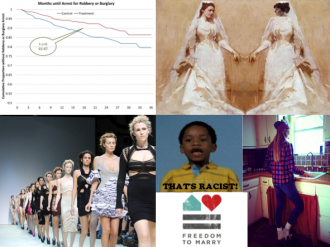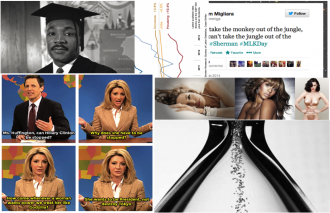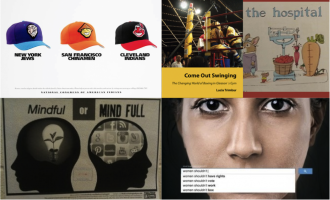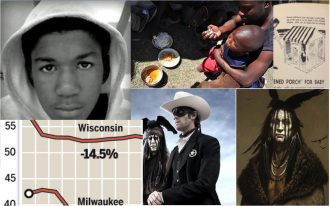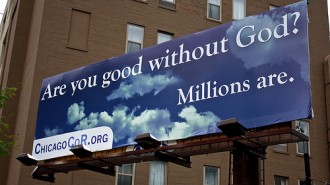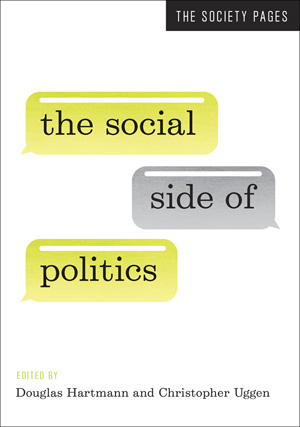
It wasn’t long ago that America’s talking heads worried whether John F. Kennedy, Jr.—a Catholic—could really be elected president. Today, some candidates tailor their rhetoric to reach out to large swaths of Evangelical voters, some voters refuse to believe the president when he declares his own religious affiliation, some wonder if Bernie Sanders’ campaign will be hampered because he is Jewish, and still others wring their hands over how to court the “nones.” The ties between religion and political power remain as knotty as ever, and we look to the University of Minnesota’s Joe Gerteis for insight with “The Social Functions of Religion in American Political Culture,” published online and in our first TSP volume with W.W. Norton & Company, The Social Side of Politics.

